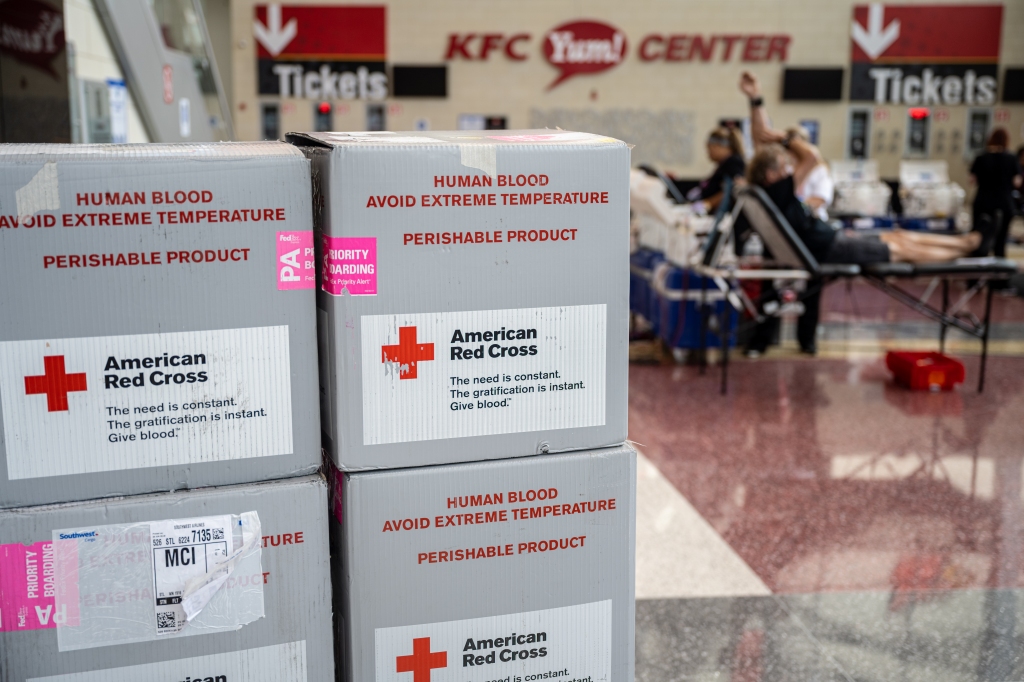More gay, bisexual men can donate blood as FDA updates rules
The Food and Drug Administration has finalized a rule allowing more gay and bisexual men to donate blood.
Under the new guidelines, released Thursday, men who have sex with men who are in a monogamous relationship won’t have to abstain before donating blood.
However, people who have had anal sex with a new partner, or more than one, in the last three months still would be asked to wait to donate blood.
That is to reduce the risk of sharing HIV, which is undetectable if it’s a new infection.
Previously, they were only allowed to make donations if they hadn’t engaged in sex with another man at all — even with a monogamous partner — for three months.
Under the new rules, the FDA noted that all donors will be asked the same questions before donating, regardless of their sexual orientation or gender.
The implantation of the updated risk-based rules surrounding blood donation — which was proposed in January — comes after a decades-long ban.
It marks a win for LGBTQ rights organizations and experts who have long labeled the rules surrounding blood donation for homosexual or bisexual men discriminatory.
Peter Marks, the director of the FDA’s Center for Biologics Evaluation and Research, said they have been working diligently to make sure the new guidelines were safe for all involved.
“The implementation of these recommendations will represent a significant milestone for the agency and the LGBTQI+ community,” he said in a press release.
“The FDA is committed to working closely with the blood collection industry to help ensure timely implementation of the new recommendations and we will continue to monitor the safety of the blood supply once this individual risk-based approach is in place,” he said.
Anyone taking medications to treat or prevent HIV, such as PrEP, also can’t donate.

The FDA said that while people whose viral levels are undetectable don’t transmit HIV during sex, the same does not apply to blood donation, as the blood is administered intravenously in veins and involves a larger volume of fluid, making it much riskier.
“As stated in the guidance, individuals should not stop taking their prescribed medications, including PrEP, or PEP, in order to donate blood,” the FDA recommended.
The health body said it strongly believes the implementation of an individual risk-based approach will not affect the safety or availability of blood supply in the US.
Read the full article Here


